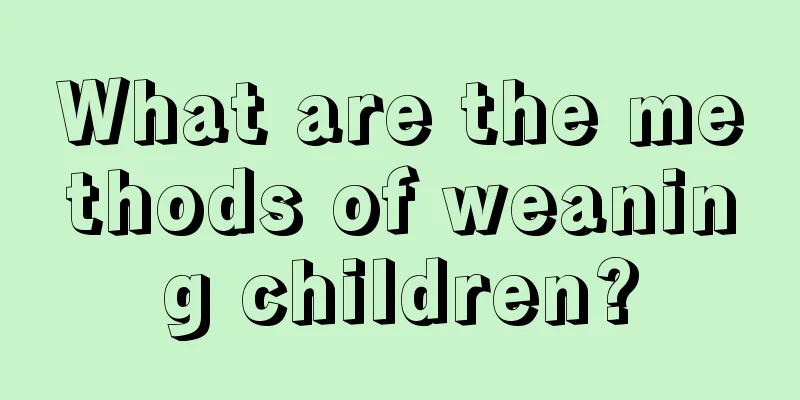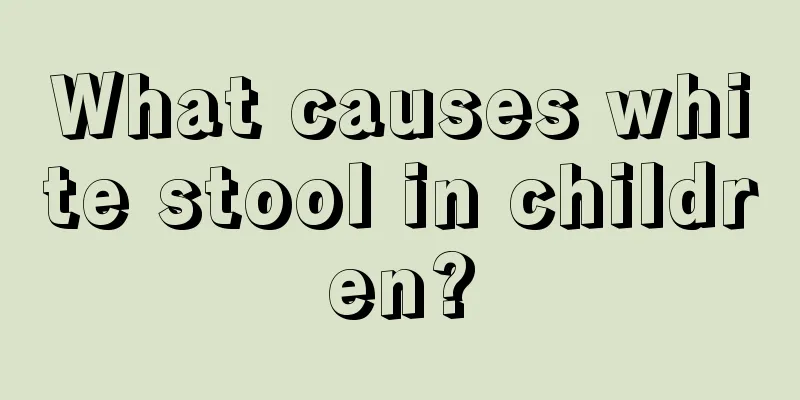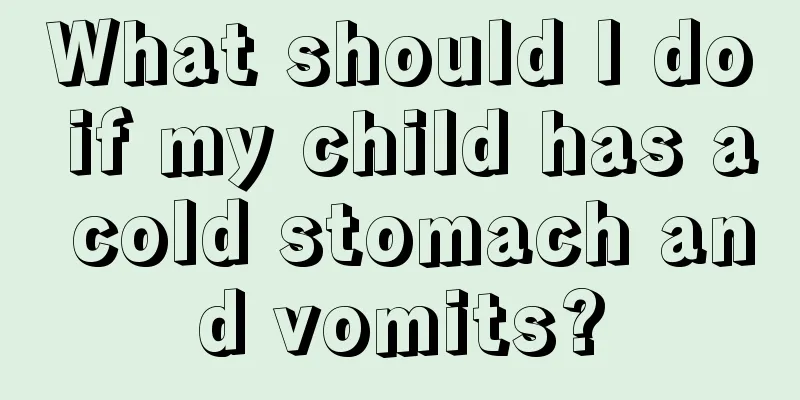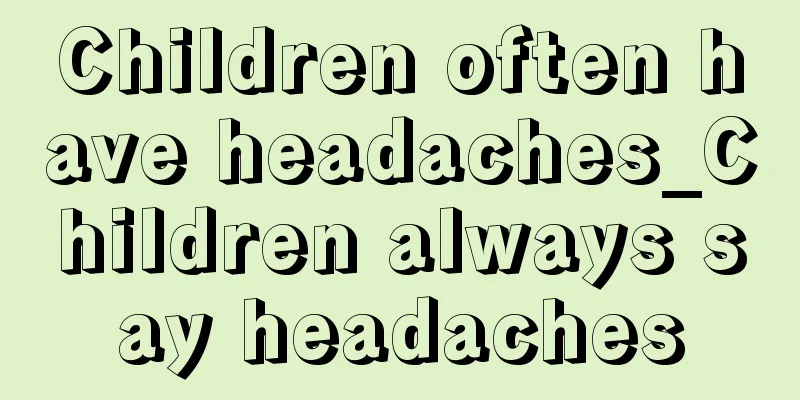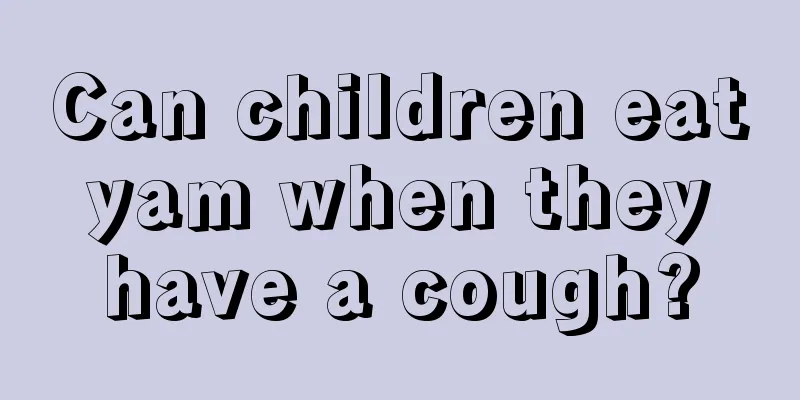What are the symptoms of swollen tonsils in children?
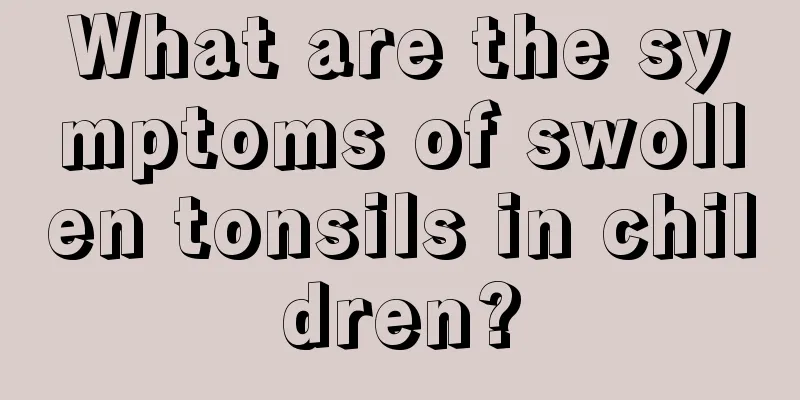
|
When children are young, they are prone to swollen tonsils due to their poor resistance, especially when they have a cold or fever. However, many parents may not be able to detect enlarged tonsils in children, especially in younger children. So, what symptoms should parents look for to detect enlarged tonsils in children? Symptoms of swollen tonsils. Sometimes the lymphatic tissue will enlarge (due to chronic inflammation or allergic reactions), and then swollen tonsils will appear. When tonsils are swollen, they will block the respiratory tract, causing sinusitis, otitis media, or causing stubborn coughs. People with swollen tonsils often have to breathe only through their mouths. 1. Ear symptoms: Due to the hypertrophy of tonsils and the accumulation of inflammatory secretions in the nasopharynx, the pharyngeal opening of the Eustachian tube is blocked, which may be complicated by non-suppurative or suppurative otitis media, leading to hearing loss, tinnitus, and ear stuffiness. 2. Nasal symptoms: Enlarged tonsils are often complicated by rhinitis and sinusitis. The children have symptoms such as nasal congestion, runny nose, mouth breathing, drooling, occlusive nasal sounds when speaking, and snoring during sleep. 3. Symptoms of respiratory tract infection: Due to the inflammation, secretions irritate the respiratory mucosa, often causing inflammation of the throat, trachea and bronchitis. Therefore, patients may experience symptoms such as throat discomfort, voice changes, coughing and spitting, asthma, low fever, etc. 4. "Adenoid facies": Due to long-term mouth breathing, the development of the child's facial bones is affected, the maxilla becomes long and narrow, and the hard palate becomes high and narrow. Protruding teeth, irregular dentition, poor bite, drooping mandible, thick lips, upturned upper lip, hanging lower lip, drooping outer canthus, and shallow nasolabial groove. If there is mental depression and dull and stupid facial expressions, it becomes the so-called "adenoid facies". If the above situations are found, parents should pay attention to whether the child's tonsils are enlarged. After all, the child cannot express himself well, so parents still need to pay more attention to the child. Through the child's usual performance and the reason for crying, parents can discover the child's abnormality as early as possible. Do not ignore the child's health due to carelessness. |
<<: How should we treat a child with a yellow complexion?
>>: What causes red and swollen eyes in children?
Recommend
What are the benefits of swimming for children
In some cities, there are many shops that provide...
What to do if your eight-month-old baby can't crawl
The mother is very worried when the child cannot ...
Can babies eat eggs if they have a cough?
Babies are most likely to catch colds and get sic...
Breastfeeding quantity and frequency of newborns
Breastfeeding is the main way for newborns to abs...
What causes sinusitis and cough in children?
With the arrival of the season change, the number...
My baby always poops hard and his face turns red
Many parents will find that their babies always h...
Symptoms of mania in children
When mania strikes, the patient will become parti...
Yellow baby's soles
Many parents will judge the baby's health by ...
What should I do if my child has shortness of breath?
Breathing is essential for people to survive. If ...
What are the symptoms of shock
Every change in the baby after birth is watched b...
Treatment for baby's vomiting and spitting up
The birth of every new life will make our parents...
How to check hormone levels in children
The hormone level in a child's body is an imp...
What should I do if my baby cries when sleeping at night?
Some babies cry when they sleep at night. In this...
What to do if children have iron deficiency anemia?
When we have a child, we always want to give him ...
What are the benefits of children learning art?
Nowadays, many parents hope that their children a...
